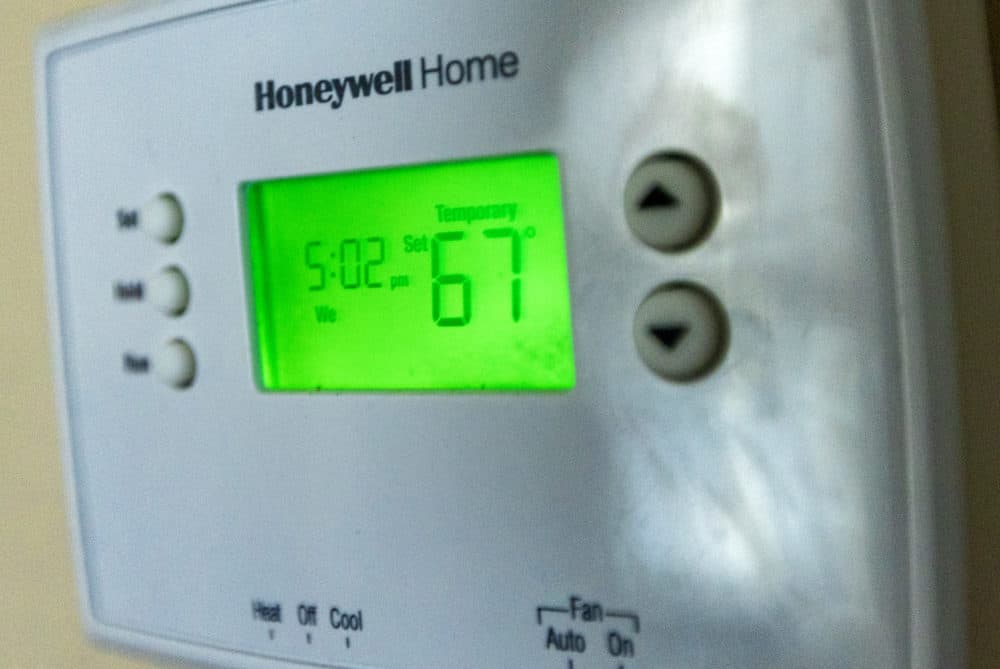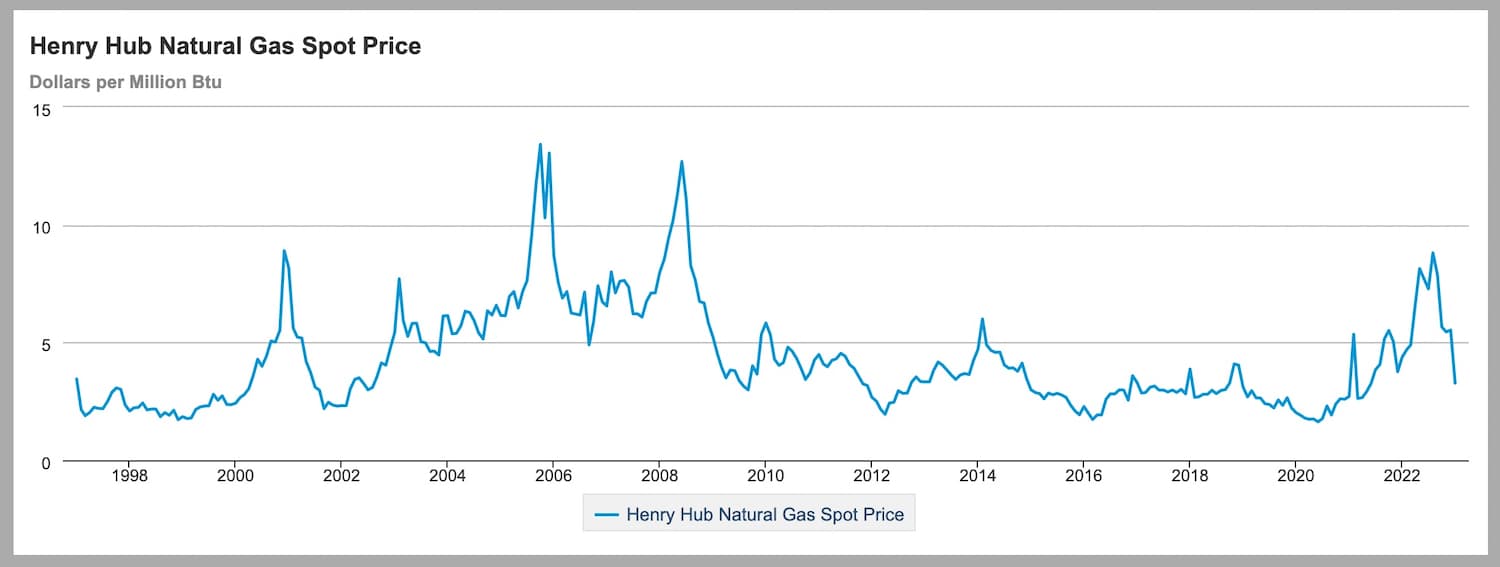Advertisement
Gas utilities in Mass. ordered to reduce prices for second time this winter

Update: On Feb. 28, the Department of Public Utilities ordered utilities to further reduce the price of natural gas. The new rates go into effect on March 1 and last through April. Though your monthly gas bill depends on how much you use, the average National Grid customer can expect to save $23, while some Eversource customers could see $57 savings.
According to Eversource, an earlier price decrease on Feb. 1 only applied to customers in former NSTAR territory, and the new decrease will only apply to former Columbia Gas Company customers.
With these new decreases in place, residential customers throughout Massachusetts are now paying less for gas than they were at this time last year.
The state has some good news for people who heat their homes with gas, just as they prepare to turn up the thermostat ahead of the weekend's expected cold snap.
On Feb. 2, the Massachusetts Department of Public Utilities ordered utilities to reduce the price of natural gas they provide to customers. As that rate drops, so will your monthly utility bill.
The department estimates that the average household in the state could see a 4-5% decrease in monthly bills for the period beginning Feb. 1, though the amount you pay depends in part on how much gas you use.
The savings aren't huge — National Grid estimates that the average household will save about $11 per month, while Eversource predicts a $33 reduction — but the Healey administration says it's still welcome news during a winter season when residents have seen natural gas, electric and oil prices spike dramatically.
“This reduction in energy costs comes not a moment too soon for Massachusetts residents struggling to get by,” said Rebecca Tepper, Energy and Environmental Affairs Secretary.
But, she added, this moment is “also an important reminder that we need to urgently and equitably transition away from volatile fossil fuels, which continue to threaten the financial security of our communities.”
As WBUR has previously reported, the cost of fossil fuels has skyrocketed over the last year, thanks largely to Russia’s invasion of Ukraine. The state estimates that the average home in Massachusetts heating with natural gas will pay 28% more than last winter. (For electric heating and fuel oil, those numbers are 57% and 63% more, respectively.)
So why is your gas bill going down now? It’s not just because the good people at the Department of Public Utilities feel the strain energy prices are putting on your wallet. Under Massachusetts law, the department can order a reduction (or increase) in something called the “supply rate” if natural gas prices rise or fall dramatically on the open market.
Like your electric bill, your gas bill is divided into two parts: supply and delivery. The supply rate is the cost of the actual gas you burn in your home. Gas utilities buy natural gas on the open market and pass the cost directly to you. (Utilities make profits on the delivery portion of your bill.)
In most cases, the supply rate changes twice a year. But if there’s a big market fluctuation that causes the utilities to over-collect or under-collect money from customers, the DPU can order an adjustment to the supply rate. That is what just happened in Massachusetts.

If you look at your utility bill, you’ll see that natural gas is measured in “therms.” The DPU ordered that the gas supply rate for Eversource customers decrease from $1.04 per therm to $0.78 per therm. For National Grid customers, the change is from $0.99 per therm to $0.89 per therm.
Assuming the price of natural gas remains relatively stable, these new supply rates will hold until May 1, which is when they’re set to be readjusted again.
Though this reduction in gas prices will provide some relief to Massachusetts residents paying really high utility bills, Kyle Murray of the Acadia Center hopes it also serves as a reminder of the benefits of moving away from natural gas.
“We are still extremely vulnerable to the whims of a competitive market that we have little control over because we are overly reliant on natural gas for both electricity generation and home heating,” he said.
“Transitioning to a diverse fuel mix of local renewables paired with home electrification would allow Massachusetts to have greater control over energy costs and supply while also delivering well-paying local jobs.”
In Massachusetts, more than 51% of home heat with gas and approximately 53% of our electricity is produced from burning it in power plants.
Editor's note: This post has been updated to include the supply rate changes for Eversource and National Grid.
This article was originally published on February 02, 2023.
